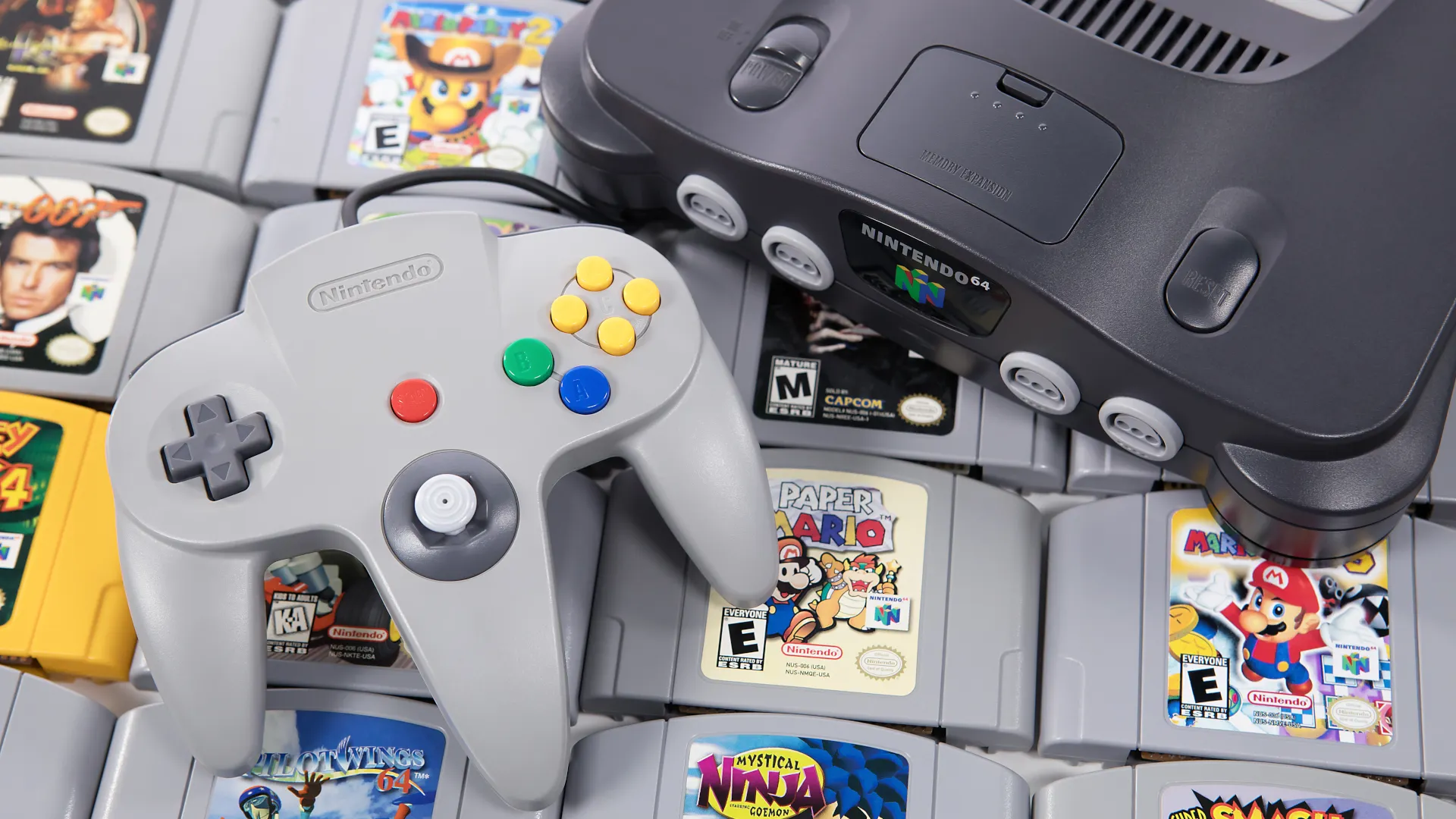Fresh off building a Super Nintendo Entertainment System (SNES) on the Bitcoin blockchain, the Ninjalerts team is at it again. This time, the Pizza Ninjas project has inscribed a Nintendo 64 (N64) emulator on the network, the group announced on Wednesday.
Like the prior project, the N64 emulator is inscribed on Ordinal Inscription 61,648,429, and users with compatible game files can play N64 games in their browsers.
“We're trying to get 4-player multiplayer working on Bitcoin,” Ninjalerts CEO Trevor Owens told Decrypt.
I'm happy to share that Pizza Ninjas just inscribed a Nintendo 64 emulator on Bitcoin! 🟠🎮
We didn't think this would be practical initially, but thanks to the new Brotli Compression on Ordinals
Inscribing a larger system like N64 and its games is more realistically feasible… pic.twitter.com/XcEAAqR04A
— trevor.btc — b/acc (@TO) February 22, 2024
Thanks to the integration of the lossless compression algorithm Brotli, developed by Google and a recent enhancement made to Ordinals, Ninjalerts said it is possible to reduce file sizes by approximately 80%, in turn reducing the number of Bitcoin blocks necessary to inscribe the N64 emulator.
“We developed the SNES emulator before that was available,” Owens said. “So considering that later systems might be too expensive to conceivably inscribe for game preservation.
“Goldeneye 64, for example, is 12.6 MB,” he continued, adding that the emulator binary is 6.4MB uncompressed and 1.4MB after being compressed with Brotli.
Congestion on the Bitcoin network remains a contention amongst the Bitcoin faithful. In January, Taproot Wizards inscribed the Quantum Cats collection on the Bitcoin blockchain. The collection of 3,333 was expensive—costing $66,000 and taking up 10MB or ten blocks on the network.
By comparison, the N64 inscription cost the Pizza Ninjas project $5,000 at 25 sats per virtual bytes (vbytes) due to current fees on the network.
“If we inscribed [the N64 emulator] when we inscribed the SNES, it would have been closer to $20,000 to $25,000, between 80 - 100 sats/vbyte,” he said, adding that a compressed game file using brotli could potentially only use up to three blocks.
“If we can compress [a game file] 75% to 3.15MB, it looks more like the file size of an SNES game,” Owens said. “It could fit in one block if you work with a miner; otherwise, it can be split into eight inscriptions, each under 400 kb.”
One reason the N64 was the focus of this latest Ordinals project, Owens said, is that the Nintendo 64 was the last major console to use cartridges before CDs became the standard.
“It’s unlikely we go to consoles newer than N64 and unlikely we do Playstation 1,” he said. “That's the era of consoles where companies started introducing DRM, which puts them in a more legal gray area.”
Digital Rights Management (DRM) refers to technology that controls access to digital content, preventing unauthorized copying and distribution.
After news of the SNES project came out, Owens said, he was approached by individuals who referenced the Dolphin Emulator that was removed from Steam over legal concerns.
“The key part of that case is that the system they were launching broke the console's DRM in order to reverse engineer it,” Owens said. “We won't be inscribing any games under copyright but hope to continue to push that conversation with archivists.”
Edited by Ryan Ozawa.

